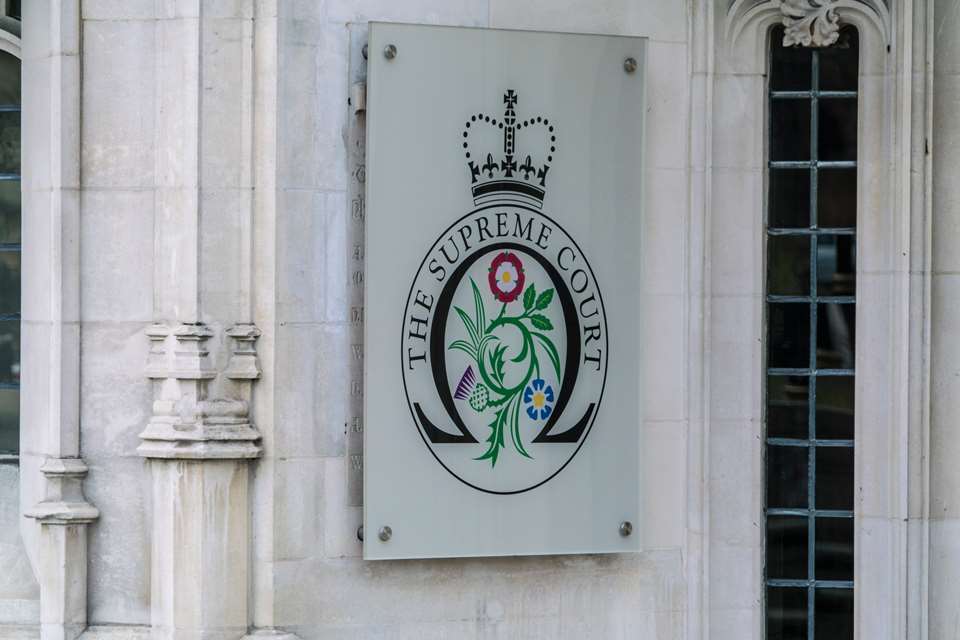ISM column: Protecting your future finances as a music teacher
Stuart Darke, Nerys Owen
Monday, August 1, 2022
Recent changes to government funding for the Teachers’ Pension Scheme for England and Wales could affect a group of music teachers, as Stuart Darke and Nerys Owen outline.

Micro One/AdobeStock
The Teachers’ Pension Scheme (TPS) in England and Wales is a defined benefit scheme, based on salary and service. Unlike a defined contribution scheme, where the final amount depends on the value of investments, TPS participants receive a guaranteed pension based on their final and/or career average salary. There are similar schemes for teachers in Scotland and Northern Ireland.
Visiting music teachers (VMTs) and peripatetics (peris) face a unique set of challenges in relation to the TPS, stemming from their variable hours and pay, and their precarious working conditions. Problems include employers demanding that VMTs and peris enter into contracts of ‘self-employment’, shifting responsibility for pension provision onto the teacher and away from the school; failure to supply accurate data to the TPS, resulting in prolonged under-payment that is difficult to track or quantify; the categorisation of VMTs as ‘tutors’ or ‘support staff’, which excludes them from the TPS altogether; and very low wages, often combined with working for multiple employers, resulting in inadequate retirement provision.
TPS in the independent sector
VMTs and peris are disproportionately represented in the independent sector, where teachers are currently facing a particular threat stemming from government changes to TPS funding. From September 2019, employer contribution rates under the TPS rose from 16.48 per cent of salary to 23.68 per cent, following the 2016 TPS actuarial valuation.
The government agreed to fund the full cost of these increased contributions for state schools, local authorities, and music hubs/services, with independent schools funding the increase from their own resources. By January 2022, almost 300 independent schools (around 25 per cent of all participating independent schools) had either left the TPS or had informed the Department for Education of their intention to withdraw, jeopardising the pension arrangements of thousands of teachers.
Independent schools continue to consider whether to remain in the TPS, especially as schools assess their finances following the Covid pandemic. Some schools have told their teachers that if they are to remain in the TPS, they will have to accept cuts to their current pay. Such schools have argued that they only have a finite pot of money so the only way of remaining in the TPS is to lower pay levels for teachers. The ISM would not recommend that any music teacher offers to reduce their current pay as this will have an impact on their pension in the future, as well as meaning a pay cut during these hard financial times.
Phased withdrawal
In another significant change to the law, since 1 August 2021 independent schools can choose to carry out a ‘phased withdrawal’, opting out of TPS participation for future staff, while allowing existing staff to remain as members. TPS participation in these schools will decline as staff change jobs or retire. This change further destabilises the working conditions of new music teachers, creating a two-tier workforce. It is also likely to impact on job moves between schools, as TPS participation becomes a premium contract term. However, the small number of schools that have asked for a phased withdrawal from TPS shows that this might not be an option in many places.
Challenges to the TPS
TPS members have a contractual right to maintain their existing pension arrangements. Just like any other contract term, pension rights can only be changed by agreement, following meaningful consultation of at least 60 days – the employer should explore all ideas reasonably put forward by the employee's representatives to avoid making the changes, including finding other savings. Schools have used ‘fire and rehire’ tactics where contractual changes have not been agreed. This has been countered in some schools by teachers’ trade unions taking strike action.
In most independent schools, there is no recognised trade union, and instead the employer must arrange elections for employee representatives to participate in the consultation. The employer must give employee representatives all the relevant background information they need, including accessible financial information so they can understand the employer's proposals and their implications for members, and the business case as to why change is necessary.
In such consultations, the ISM has seen schools propose that they should remain in the TPS until a certain date and then withdraw. Sometimes this is associated with the 2020 valuation of the TPS, which may mean adjusted contribution rates from April 2024. However, it is too early to say that employer contributions will increase or what an employer's financial situation will be in two years’ time. It is advised not to accept arguments that a decision should be made now about what the TPS or a school's financial situation might look like in several years’ time.
The employer must conduct the consultation in the spirit of reaching agreement. An employer that has already made its mind up, or that seeks to limit the scope of the consultation, risks a financial penalty, known as a ‘protective award’, plus the threat of a £50,000 fine by the Pensions Regulator.
The ISM cannot give pensions advice, since it is a regulated activity, but its legal team regularly offers guidance in other ways relating to pensions. ISM members can get in touch with the legal team if they hear about changes to their pension.






